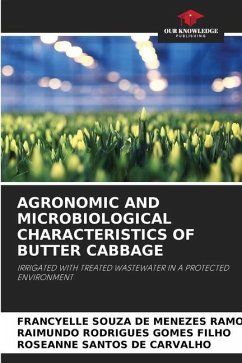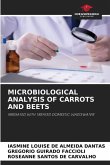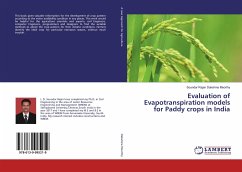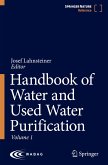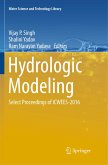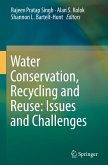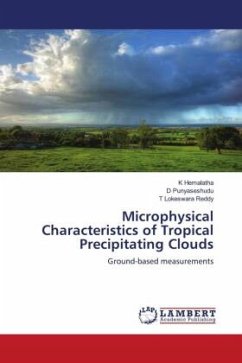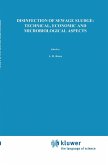The use of treated wastewater for irrigation can become an alternative for regions that face water scarcity. The reuse of this natural resource is increasingly taking space in the scientific community. Thus, the book aimed to evaluate the feasibility of using wastewater from a sewage concentration system by stabilization ponds in irrigation of butter cabbage, evaluating agronomic and microbiological characteristics of the crop. The microbiological analyses were Salmonella and thermotolerant coliforms (coliforms at 45 ºC). It was concluded that the use of treated wastewater in irrigation of the culture of butter cabbage influenced the agronomic characteristics evaluated with a significance level of 5%. In the microbiological analyses it was concluded that the values determined in the laboratory were lower than the parameters established by ANVISA, so it is feasible to use wastewater for irrigation of the cabbage crop, not compromising human consumption.

